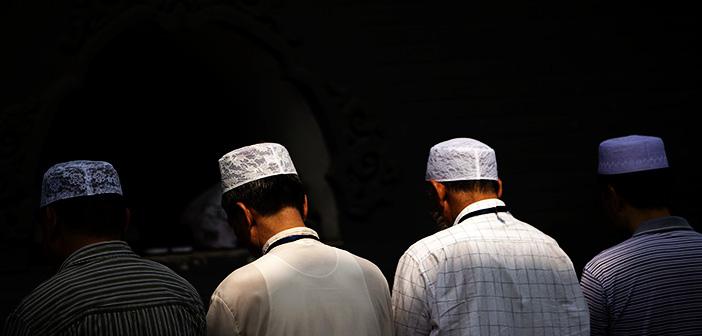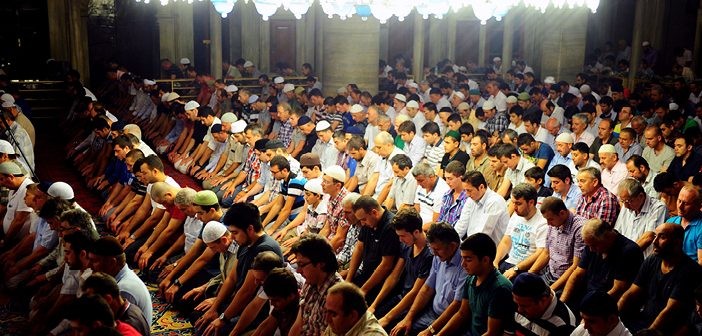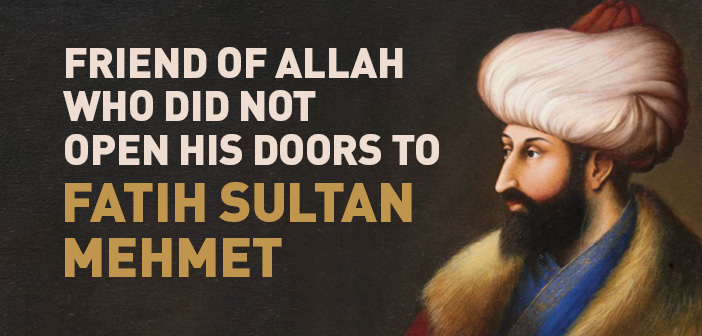
Staying a Trustworthy Muslim
Trustworthiness and honesty are among the most essential qualities that Islamic preachers must possess in their interactions with people. Indeed, being trustworthy and reliable is a common trait shared by all prophets, and Almighty Allah has introduced His prophets to us in the Qur’an with these qualities. The statement, “Indeed, I am to you a trustworthy messenger. So fear Allah and obey me,” is repeated verbatim in Surah Ash-Shu’ara by Prophets Nuh, Salih, Shu’ayb, and Lut (peace be upon them). (See Ash-Shu’ara, 107, 143, 162, 178). The Arabic phrase “Inni lakum rasulun amin” (I am to you a trustworthy messenger) succinctly expresses the importance of trustworthiness in religion.
The qualities of honesty and trustworthiness reached their pinnacle in the Messenger of Allah (peace and blessings be upon him). Even in his youth, before being entrusted with prophethood, the people of Mecca called him “Al-Amin” (the Trustworthy). The Messenger of Allah was an exceptional individual who sacrificed everything for the sake of religion but never pursued personal gain. He shared what he had with his companions and the poor, feeding others while going hungry himself and quenching the thirst of others while remaining thirsty.
Those who set out to spread the religion and guide people, aspiring to inherit the legacy of the prophets, must also embody these qualities. Another noteworthy point is that each of the aforementioned prophets told their people, “I do not ask you for any reward for this; my reward is only with the Lord of the worlds.” This declaration by the prophets teaches us that the work of guidance must be purely selfless. The path of spirituality is never a means of material gain, and it has never been so throughout history.
Shaykh Zarruq said, “Followers inherit everything from the one they follow.” If we wish to inherit the Prophet’s mission of calling people to guidance, we must first earn people’s trust. Trust issues often arise in financial matters, which is why Islamic law discourages deriving personal gain—beyond basic sustenance—from religious services. The Sufi commentator Ibn Ajiba, while interpreting the verse “I do not ask you for any reward for this; my reward is only with the Lord of the worlds,” said: “This verse also serves as a warning to the scholars, the inheritors of the prophets. Scholars must adopt the manners of the prophets and should not seek personal benefit from the knowledge they teach or the advice they give. Otherwise, Allah will not bless their efforts.” However, Ibn Ajiba saw no issue with those engaged in religious work receiving salaries from the state or religious endowments.
Sufis have always been cautious in this regard, practicing extreme asceticism when it comes to worldly gains. In the realm of spirituality, they not only avoided accumulating wealth but also spent what they had on their brethren and the poor. Nevertheless, hypocrites driven by worldly greed occasionally infiltrated their ranks, choosing to trade religion for worldly gains. According to Imam Ghazali, the greatest weapon of such individuals, who exploit people’s trust, is to flaunt their religiosity. They appear deeply religious, claiming to work for the needs of the ummah. Imam Ghazali exposes their true nature:
“The goal of these hypocrites is to attain positions of authority and then indulge in sin and evil. They display traits like trustworthiness, piety, and scrupulousness to be appointed as governors, judges, or trustees of orphan properties. Once in power, they betray the trust. They collect zakat and charity but use it for themselves instead of giving it to the rightful recipients. They deceive people by claiming to help the poor on Hajj journeys or to meet the needs of dervishes in Sufi lodges, or by collecting donations for mosques, guesthouses, and soup kitchens.” (Ihya)
Muhammad Parsa (may Allah have mercy on him), a luminary of the Naqshbandi order, stated that religious figures lacking sincerity and truthfulness in their hearts destroy their own souls and those of others around them:
“Some speak of upholding trust to attain closeness to Allah. Their words may inspire others to turn to the truth. Yet, they themselves remain unchanged, still plagued by lies, arrogance, and greed. Allah asks them, ‘Why do you say what you do not do?’ (As-Saff, 2). This is the lowest level of those who give advice. If those aspiring to this work fall below even this level, how many souls will they destroy? The worst crime is this: killing one person is grave, but what of killing thousands?” (Introduction to Tawhid, p. 375)
According to Rumi, the greatest obstacle to truthfulness is greed and avarice. Those who purify their hearts from these desires attain true freedom:
“Whoever is greedy becomes tongue-tied. How can the eyes and heart be illuminated by greed? Is it even possible? For the greedy, the vision of status and gold is like a hair in the eye. But the one intoxicated with divine love is an exception. Even if you offer them treasures, they remain free. To the one who attains the joy of union with the Beloved, this world is but filth. But the Sufi who remains distant from this intoxication eventually becomes devoid of light and guidance due to greed. The one overcome by greed hears hundreds of stories but learns no lesson.” (Masnavi, Vol. 2, 579-83)
Many of our brothers who endure hardships and remain steadfast in the path of truth may succumb to Satan and their desires in times of abundance. According to Imam Rabbani, the seeker is in a continuous test until death: will they remain faithful to their beliefs, or will they easily trade their faith for worldly gains? Imam Rabbani describes the state of those who pass this difficult test:
“True seekers do not settle for trivial things when something valuable is within reach. They do not abandon what is pleasing to Allah for what incurs His wrath. They do not sell themselves for tasty morsels or trade the joy of servitude for fine garments. They consider it a disgrace to soil the throne of their hearts with the filth of worldly attachments.” (Vol. 1, 174)
May Almighty Allah make us trustworthy individuals on the path of truth. May He protect us from selling our faith for worldly gains in the face of life’s challenges. Praise be to Allah, for today there are many wise individuals who sacrifice all pleasures to serve the ummah. May Allah protect these blessed souls, who shine like stars through their words and deeds, from all harm and increase their numbers. Amen.
Source: Süleyman Derin












